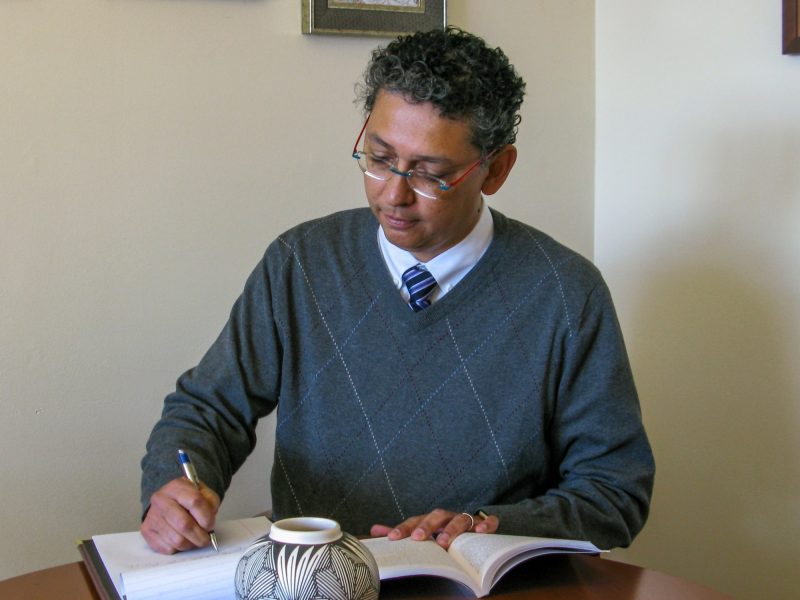Since 2003, the Academic Honor Council has written the Honor Code and heard numerous cases pertaining to violations to uphold academic integrity on Trinity for over a decade and a half, but who are the members in the Honor Council?
According to Michael Soto, associate vice president for Academic Affairs concerning student academic issues and retention, Trinity’s Association of Student Representatives (the predecessor to Student Government Association) developed, debated and ultimately passed the Academic Honor Code. The code was then approved by the Faculty Senate, the Faculty Assembly and the Board of Trustees. The Honor Council is made up of students who do many things pertaining to preserving and enforcing academic integrity.
“The students who make up the Academic Honor Council are in charge of writing the code, setting Trinity’s policies on academic integrity and adjudicating all academic integrity cases when violations occur,” Soto wrote in an email interview.
According to Soto, since the inception of the university, the Honor Council’s singular mission has been to provide a transformative liberal arts and sciences education where academic integrity plays a prevalent role.
“It’s what underwrites the value of a Trinity education. The Honor Council’s primary purpose is to serve the mission by upholding academic integrity,” Soto wrote.
According to Jordan Koeller, internal chair of the Honor Council, there are currently 21 members on the honor council representing all four graduating classes of students.
As the internal chair, Koeller has two primary responsibilities.
“[My job is] leading initiatives to improve Trinity’s Academic Honor Code, as well as scheduling hearings when an alleged violation is reported to us,” Koeller wrote in an email.
Koeller also works closely with Alice Von Ende-Becker, the external chair of the Academic Honor Council, in which they both run Honor Council meetings and help to choose members.
According to Koeller, becoming a member of the Academic Honor Council requires the applicant to fulfill several qualifications and to go through a multi-step process. Koeller, Von Ende-Becker and a representative from Trinity’s Student Government Association select and interview applicants after surveying the pool of applications. Students that do well on the interview have their applications presented to the president of the Honor Council, who must also approve the student before he or she can be given a seat in the Honor Council.
Koeller believed serving on the honor council is a commitment.
“We don’t have a hard-set criterion that an applicant needs to meet to be selected as a member. What we look for, though, are people that we feel confident that could be objective in ethically charged situations, as well as those that we believe are motivated to continually improve the culture of integrity at Trinity,” Koeller wrote.
According to Koeller, the Academic Honor Council hears around 50-60 cases an academic year. This semester, they have heard 2-3 violations per week since the very first week.
Koeller also added that the Honor Code gives employers and graduate schools confidence that a student’s accomplishments from Trinity were their own. The Honor Code makes sure that students found responsible of a violation are treated fairly and consistently. It also ensures that consistency is provided to what happens when a student is found responsible for a violation.
“We provide a buffer between students and the faculty, to make sure that what happens to students responsible of a violation is agnostic to what class they were in or what professor they had,” Koeller wrote.
Von Ende-Becker also emphasized how important the Honor Code is in encouraging integrity and higher learning among students.
“The primary concept of integrity behind the honor code provides each student with a richer learning experience and allows all to strengthen and progress their individual thinking,” Von Ende-Becker wrote in an email.
According to Von Ende-Becker, the Honor Council is much more than an organization that determines whether or not a violation of the honor code has occurred. The Honor Council is an organization that is a resource to students.
“By holding each other accountable and encouraging all students to complete their work, we facilitate a more rewarding academic experience and create an environment of trust between students and professors,” Von Ende-Becker wrote.







